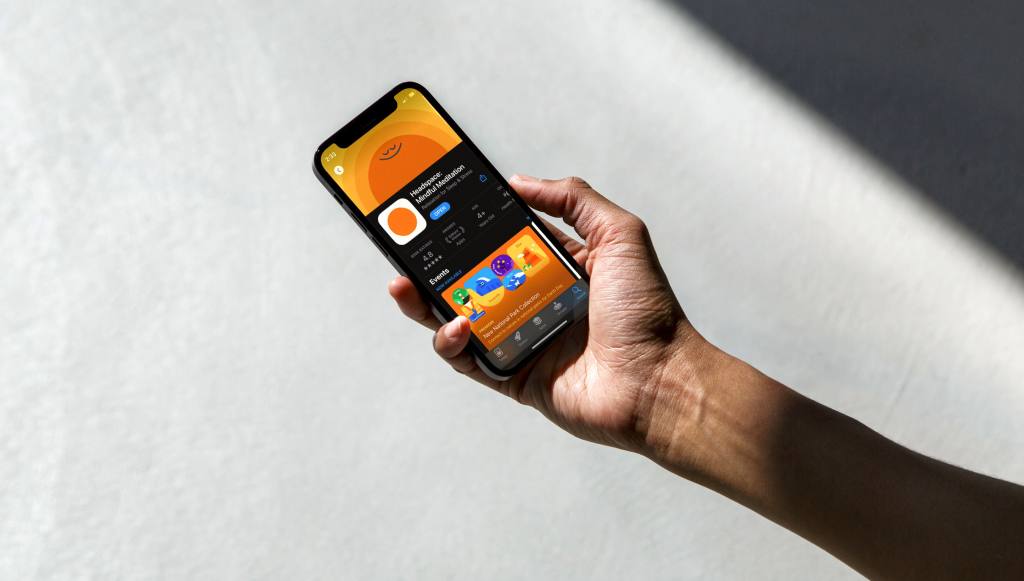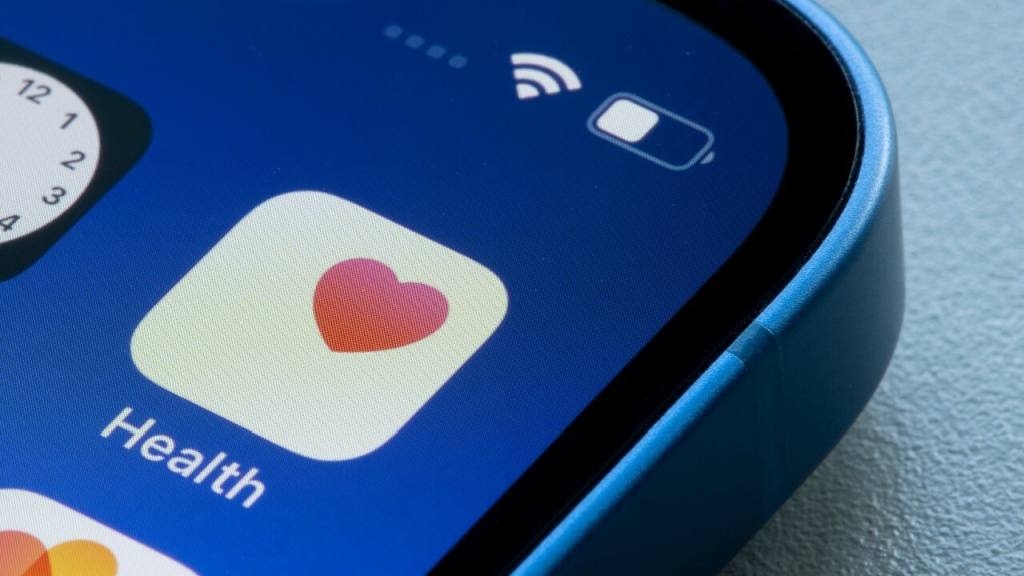How Health Apps are Revolutionizing Patient Care

The advent of health apps has significantly transformed the way patient care is delivered and managed. These apps offer a range of services that were previously accessible only through in-person visits or over-the-phone consultations. By providing tools for tracking health metrics, facilitating communication with healthcare providers, and offering personalized health advice, health apps are playing a crucial role in modernizing patient care.
Enhancing Patient Engagement and Monitoring
One of the most impactful ways health apps are revolutionizing patient care is by enhancing patient engagement. Patients can now actively participate in their own healthcare by using apps to monitor various health metrics, such as blood pressure, glucose levels, or physical activity. This real-time tracking empowers patients to take control of their health and make informed decisions based on the data collected. Additionally, health apps can send reminders for medication, appointments, or routine check-ups, reducing the risk of non-compliance and improving overall health outcomes.
These apps also allow healthcare providers to monitor patients remotely, which is particularly beneficial for those with chronic conditions. By regularly reviewing the data submitted through the app, doctors can adjust treatment plans as needed, without requiring the patient to visit the clinic frequently. This continuous monitoring not only improves the quality of care but also helps in early detection of potential health issues.
Improving Accessibility and Convenience
Health apps have made healthcare more accessible and convenient for a broader population. Patients no longer need to travel long distances or wait in long queues to consult with their doctors. Through telemedicine features integrated into health apps, patients can have virtual consultations with healthcare providers from the comfort of their homes. This is especially valuable for individuals living in remote or underserved areas, where access to healthcare facilities is limited.

Moreover, these apps provide 24/7 access to medical information and support, allowing patients to seek advice and assistance at any time. Whether it’s a question about symptoms, a need for emotional support, or access to health records, the convenience offered by health apps is unparalleled. This continuous access helps in addressing health concerns promptly, reducing the likelihood of complications.
Personalized Healthcare and Treatment Plans
Another significant advancement brought by health apps is the ability to offer personalized healthcare. Many apps use algorithms and artificial intelligence to analyze user data and provide tailored health advice. For instance, fitness apps can create customized workout plans based on a user’s fitness level and goals, while diet apps can offer meal plans suited to individual nutritional needs.
In the realm of patient care, this personalization extends to treatment plans. Health apps can help healthcare providers design treatment plans that are specific to the patient’s condition, lifestyle, and preferences. By collecting and analyzing data such as patient history, current symptoms, and responses to previous treatments, these apps contribute to more precise and effective care. Personalized treatment plans not only enhance patient satisfaction but also improve adherence to medical advice.
Bridging the Communication Gap
Effective communication between patients and healthcare providers is essential for delivering quality care. Health apps have greatly improved this aspect by providing multiple channels for communication. Patients can use these apps to send messages, share updates, or ask questions directly to their healthcare providers. This immediate and direct communication ensures that patients receive timely responses to their concerns, which is crucial for managing health conditions effectively.
Furthermore, health apps often include features that allow patients to share their health data with multiple healthcare providers. This is particularly beneficial when a patient is being treated by a team of specialists, as it ensures that all providers have access to the same information, reducing the risk of miscommunication and ensuring a coordinated approach to care.
Conclusion
Health apps are undoubtedly revolutionizing patient care by making healthcare more personalized, accessible, and efficient. By empowering patients to take an active role in their health, improving communication with healthcare providers, and offering convenient access to medical services, these apps are setting a new standard in the delivery of care. As technology continues to evolve, health apps will likely play an even more significant role in shaping the future of healthcare, making it more patient-centered and data-driven. With the right strategies in place, including user-friendly design and robust privacy measures, these apps can continue to improve patient outcomes and revolutionize the healthcare industry.
